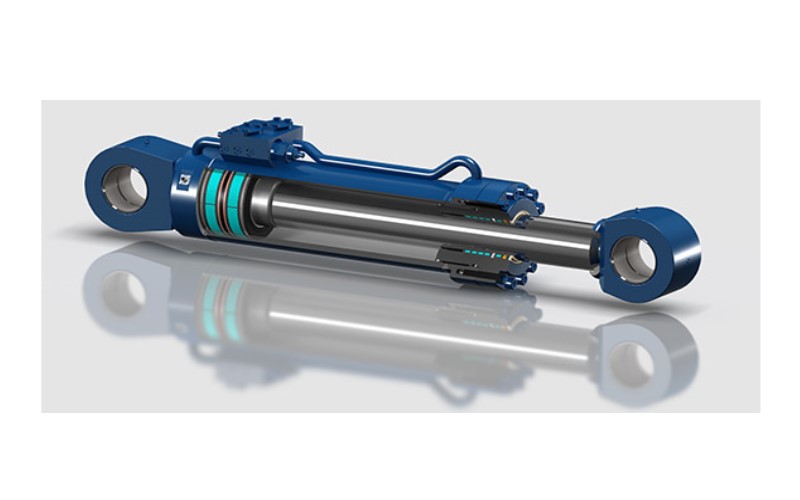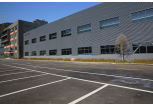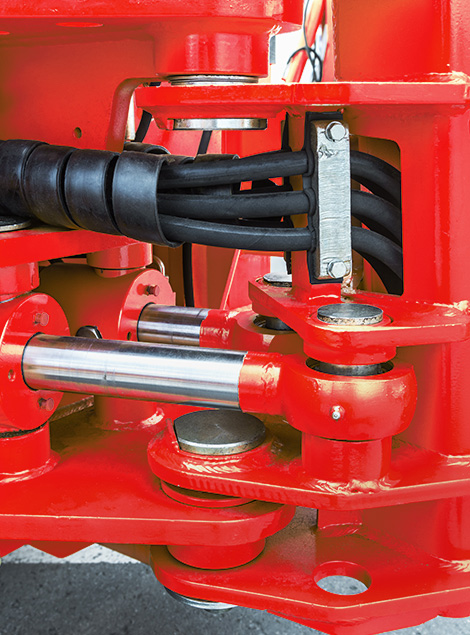Do you know the most common problems with hydraulic cylinder piston rod?
Piston rod is an important part of the hydraulic cylinder, today let's discuss some of the common problems of piston rod.
1. The size of the rod is not suitable for application.This can manifest itself in two ways, and believe it or not, one pole can be too big.Undersized piston rod columns have low strength, especially in long stroke applications.The slender rod will bend or break when pushing a load heavier than its rating.Low column strength can be solved with a larger diameter bar or stop pipe to provide additional support. Conversely, if the cylinder is operating under tension, an oversized bar will actually reduce the force of contraction.This problem occurs in the design phase, so it is important to accurately calculate the retraction force with an understanding of the differential cylinder.The piston rod occupies the area over the piston, reducing the force of the cylinder when retracted so that the retracted force of the cylinder is less than its extended force.
2. Rod thread fracture.Threads can break for a variety of reasons.From an application perspective, choosing the wrong thread is probably the first mistake.Thread diameter plays an important role in its strength, so choosing a standard female thread when full-size threads are stronger is a big mistake.
The quality of the thread also affects reliability.If the radius of the thread chamfering (the gap between the shoulder and the thread) is not machined correctly, this will cause the window to open for breakage.
3. Rod scratch leads to seal damage.Rod scratches rarely affect cylinder strength, especially if they are small.However, dents and scratches on the piston rod can rub the piston rod wiper and seal, damaging it over time. Only rod materials made of inductively hardened steel are used to prevent surface dents.Also, be sure to choose chromium that is at least a thousandth of an inch thick.A thick chrome surface further hardens the steel casing, thus providing critical corrosion resistance.Corrosion on the rod can also create pits that can damage the rod seals.
4. Corrosion of rod threads.When you machined off the entire housing of the rod thread, you no longer have chromium.Because chrome prevents corrosion, rod threads are now left to the elements.If your cylinder is operating in a humid environment or around hazardous chemicals, corrosion or rust may weaken the rod ends over time.
Choose the right alloy for your application.Bars are readily available in various stainless steel alloys.Stainless steel does not rust, and if you order chrome, it will provide the same surface protection as previously described.
5. Mechanical damage.Although industrial hydraulic cylinders rarely encounter objects or other machinery, mobile machinery is vulnerable to such accidental damage.Even the huge rods used on excavators are not comparable to the power of the boom, bucket rod and bucket cylinder.No matter how thick the chrome is or how hard the surface is hardened, mounting the cylinders upright into the bridge will cause the rods to tinker or dent.
If you have any further questions about hydraulic cylinders, please contact email: alice@ai-soar.com or contact us.
|
AISOAR HYDRAULIC CYLINDERS |


 ES
ES RU
RU


